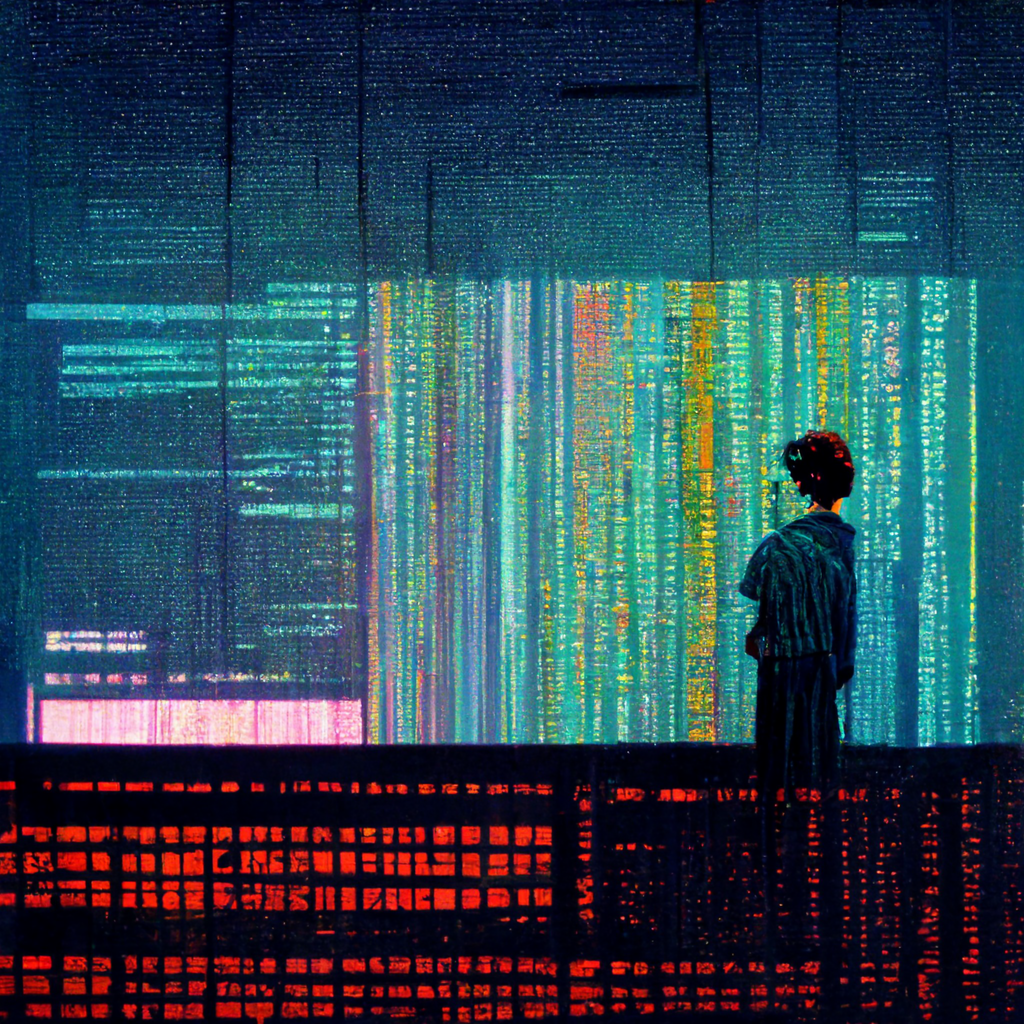Wildenhaus’s description has stayed with me because it reflects how the best software products aren’t just assemblages of functionality ,exposed by particular formal elements (links, buttons, icons, menus). Rather, they organize and shape how you think, and they create or sustain a particular lifestyle:
- How you think: In 1985, the writer and critic
...
See more


